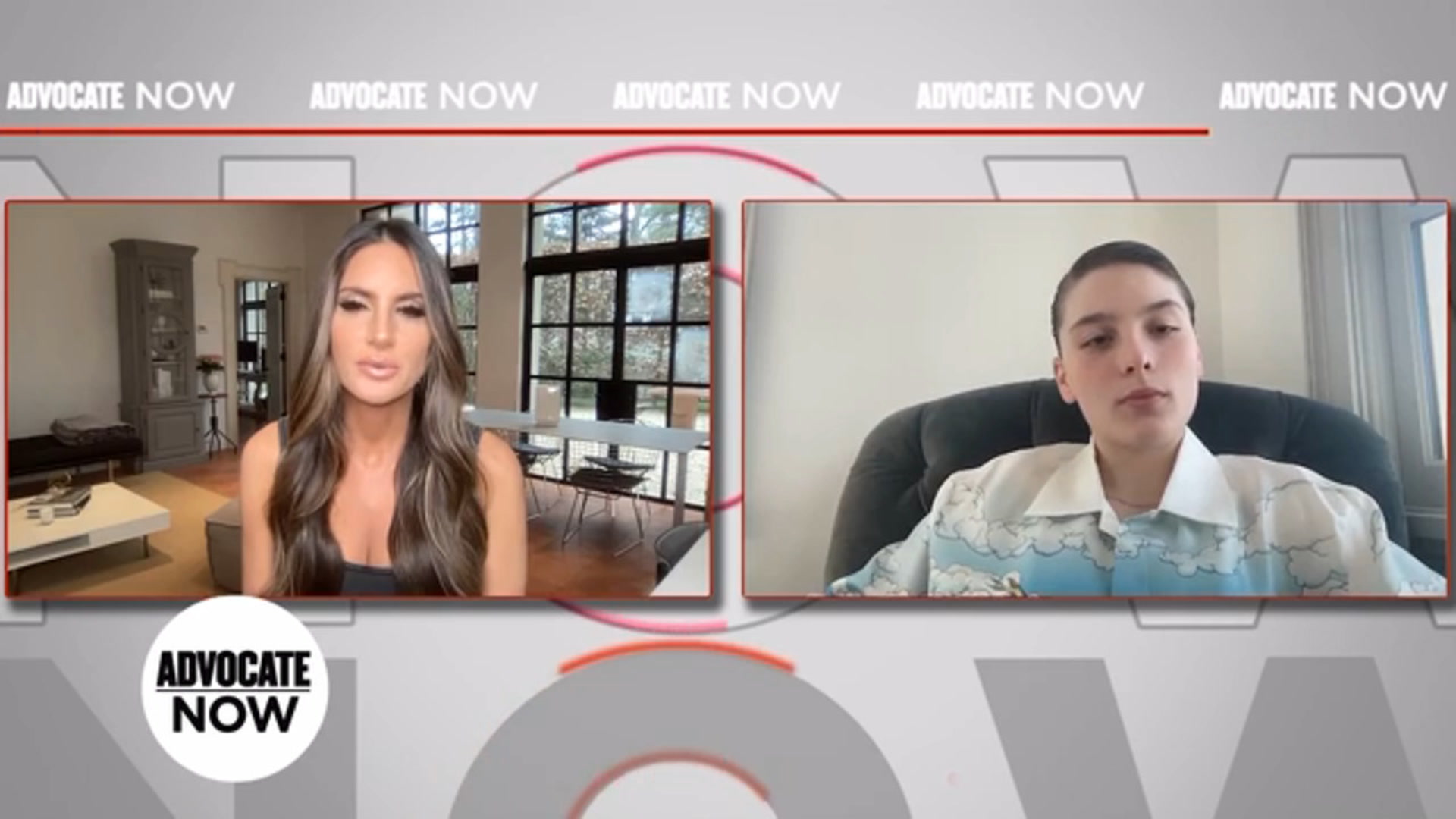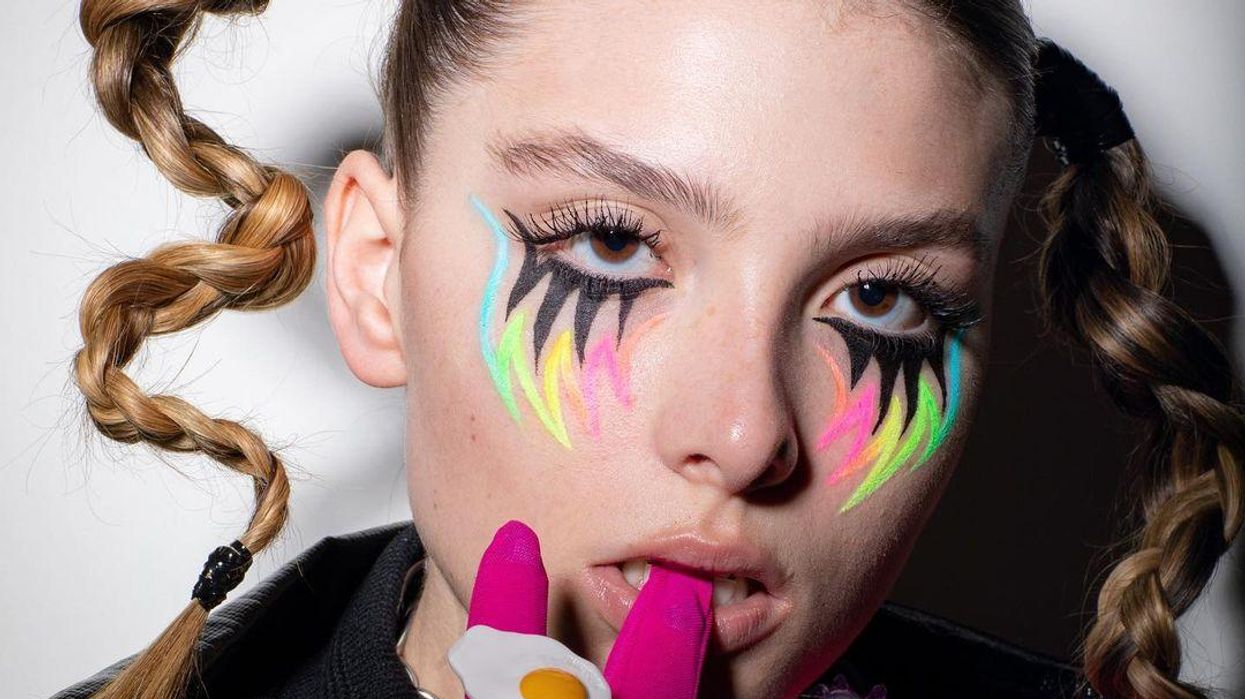Grace Gaustad has always been a proponent of acceptance and self-love, a message the nonbinary artist is spreading through music.
Gaustad recently released their song "Like a Person," which they describe as a "call to just treat me like a person and treat me like you would treat anybody else that you know."
"People in the LGBTQ+ community for a long time have sort of been pushed aside by society in a lot of ways. They've been marginalized, been made to feel like they don't belong," they tell Sonia Baghdady of Advocate Now.
Grace Gaustad | Advocate Now

"So, 'Like a Person' is sort of a song that reflects this feeling of, I just want to be treated like a human being. Just because of who I love or what I look like or how I identify, that doesn't change the fact that I am a human being," they explain.
Gaustad is also an advocate for mental health, using their platform to raise awareness. They say that "mental health is no different than physical," and that the two should not be viewed as separate.
"We have this really hard time believing that [mental health] is real or processing it because it's not obvious to us unless you are sitting or living in it," Gaustad says, adding, "Sometimes we get hurt. Sometimes we have to recover. Some people require more to keep themselves afloat than others. And I just I want to erase the stigma that somehow mental health makes you less than, or mental health makes you not as good as other people."
The artist also believes self-esteem is "one of the biggest things that can affect mental health," especially in teenagers, and in queer youth. Their biggest piece of advice is to place value in who someone is, rather than how they look.
"[Self esteem] needs to come from a place other than just what you look like," Gaustad says, continuing, "Our value should be in what we create, what we offer to the world, how we treat people."
They add that with maturity and perspective, time can bring healing, though it's up to us to initiate it.
"You get to that place in life where you're a little older and you're like, wow, there's so much out here in the world that I have to see," Gaustad explains. "We lose so much of ourselves in technology, and in our day-to-day life... we move so quickly that we never take any time to appreciate the very small things."
For more interviews like these, watch Advocate Now on The Advocate Channel.


















































